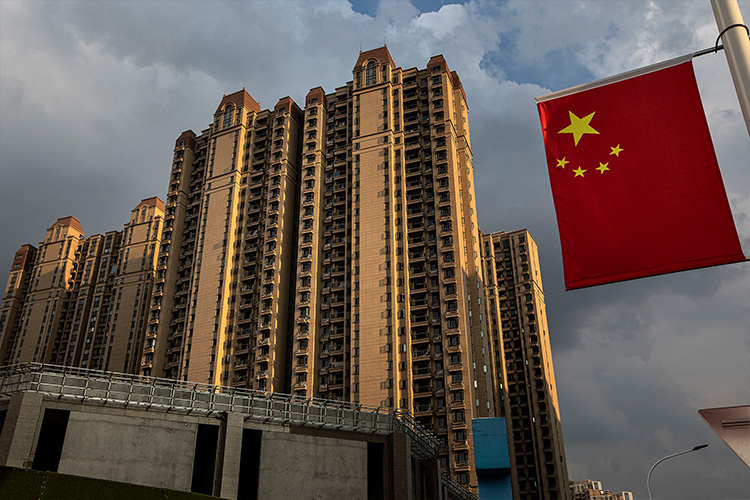

The real estate sector of China has been on a downward spiral since the pandemic
July 24, 2023 | Staff Reporter | China | Real Estate

China's property sector crisis has faced yet another blow as the shares and bonds of one of the country's biggest developers, Country Garden, have come down rapidly. News that the firm, which has thousands of projects in nearly 300 Chinese cities, had moved to refinance part of a 2019 loan facility sent its Hong Kong-listed shares down more than 5 per cent and left its bonds close to record lows hit late last year. “That doesn't get them completely out of the woods,” said one Country Garden bondholder, who declined to be identified, adding that the developer was facing a further batch of bonds payments in coming months.
Raymond Cheng, head of China research at CGS-CIMB Securities, delivered a similar warning and said it was part of the broader issue of the government's approach to the crisis. “If sales don't improve people will worry about the repayment ability for developers like Country Garden who have large exposure in smaller cities,” Cheng said. “Country Garden is a top developer in terms of sales. If it defaulted it would send a very bad signal to the market that the central government does not care (about) more developers going down and has no plan to bail out,” he added.
The sector has been on a downward trend that accelerated during the COVID pandemic, with home sales slumping and the government moving to rein in unsustainable borrowing built up during a decade-long building boom. Other high-profile, but debt-strained China firms, including Dalian Wanda Group and state-backed Sino-Ocean, have also seen sizable sell-offs recently amidst a flurry of major rating downgrades.
Analysts at ANZ said the worst may not be over with the sector facing $12.8 billion of dollar-denominated bond repayments before the end of the year, they estimated. “New measures, while helpful, are no panacea for the sector’s woes. Other efforts are needed to boost buyers’ sentiment about the long-term trajectory of the property market,” they added.
JPMorgan's analysts said Country Garden’s loan refinancing was “marginally credit positive” as a large part of the outstanding amount was being rolled into a new 30-month term instead of facing immediate repayment. “That said, the onshore operating environment remains challenging for the developers, especially with no indication of relaxation of escrow account supervision,” they said.
Country Garden is one of China's top market players and its troubles are adding to the pressure for Beijing to provide additional support to the property sector, which previously accounted for around a quarter of China's economic output. The latest selloff saw Country Garden’s bonds fall to between 17 and 21 cents on the dollar – around a fifth of their face value. Its onshore bonds, slumped roughly 30 per cent each. “Country Garden is in great difficulties,” said Yao Yu, founder of credit analysis firm Ratingdog, adding that it had more than 10 billion yuan ($1.4 billion) of debt due in the next two months.
Since the crisis began to snowball in 2020 a total of around $120 billion worth of Chinese property debt has defaulted, JPMorgan estimates. The bank’s analysts expect another $9 billion of defaults this year. That does not include Country Garden, which has over $40 billion of debt, although the analysts say it is likely to need the government to provide fresh support to the sector.